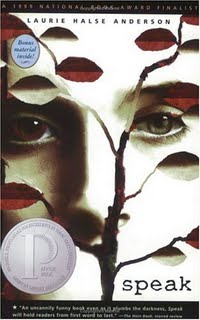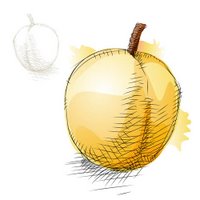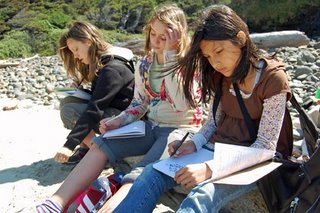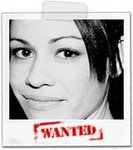 It was fun at first. I was found and friended. I delighted in gaining the attention of people I had forgot (old boyfriends, tenuous high school pals, the friend of a friend of a neighbor I barely knew).
It was fun at first. I was found and friended. I delighted in gaining the attention of people I had forgot (old boyfriends, tenuous high school pals, the friend of a friend of a neighbor I barely knew).
But after my year-long stint, Facebook is now too much and not enough. Too much information and not enough substance.
I had to give it up: the status reports, the pithy replies, the clever repartee, the family photos, the incessant checking of other people's quizzes. I didn’t care really, but I couldn’t turn it off. Facebook became my tawdry tabloid, delivered all day, every day. I was an addicted voyeur.
I had real Facebook friends, to be sure. The same ones I telephone and email. For months, we crowded into the Facebook booth instead, sharing the high of fresh quips and bright banter. Just like in real life.
But Facebook glaringly confirmed what I already knew: I’m not a ‘social networker.’ I don’t have a 'platform.'
To be clear, I’m no Luddite. I appreciate and use modern technology. Running my own marketing communications business, I know well the value of modern media tools. In my personal life, however, I don’t wish to live the odd combination of transparent and calculated.
So, today, with reinforcement from a friend (no really, an actual, live friend whom I talk to on a regular basis and — gasp! — see in person), I quit Facebook.
With just a couple of clicks, I slipped out of the party. As with any good gathering, nobody noticed my departure. The party chatter continued as my 75 friends maintained an enviable pace of meandering amusements.
So long, my somewhat social network. It’s late. I’m tired. I’m returning to the antiquities of telephones, emails, and in-person gatherings in which real, live people share actual conversation.
Five years ago, when my husband and I were contemplating a move that would take us from urban center to remote, small town, a friend cheered us on. “Remote,” he said, “is the new luxury.”
With this recent disconnection, I’m going remote again. Accessibility has created a charade of meaningful connection. Within the one-line updates and clever banter, I’ve discovered I don’t really need to know so much about so little.











